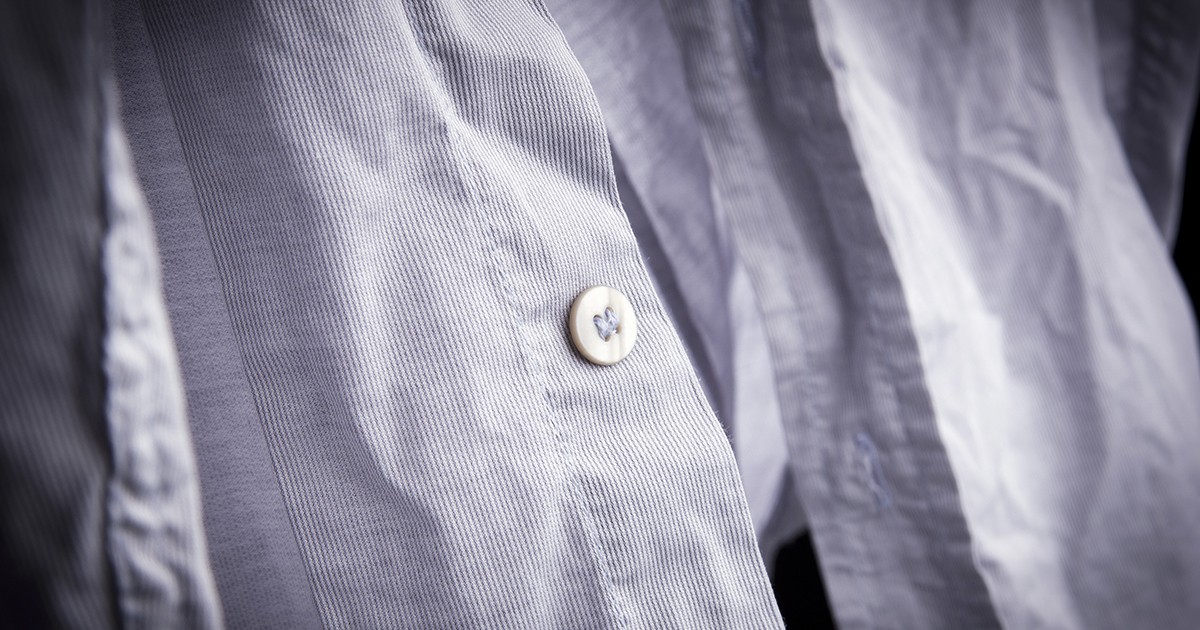
By Dan A. Cardoza
When Anastasia was young, she enjoyed all kinds of fabric crafts: quilting, knitting, and spinning wool into yarn. She also liked cross-stitching, an ancient needle craft, first discovered in the tombs of Egyptian royalty. Anastasia, by no means, considered herself royalty. But she was very intelligent and resourceful, and bright enough to graduate from any Ivy League college, should she have chosen a vocation. Back then there was no need for the toil of work. In fact, it had been insisted that she not seek employment. She devoted so many of her waking hours to fabric, its touch, weight and texture. She thought of each swath as a chapter of sorts and each yard cut from a fabric bolt a story. Anastasia even sewed bright summer dresses and suit pants with cuffs that still danced in her near empty armories. This was the composition of her life.
***
As her years unfolded, one over the other, late into the night, even the mildest of breezes could find her at her lace-curtained window. It discovered her worrying, washing and folding. She would wrestle with the wrinkles on her ironing board, trying to get the tight creases just right. In time, the feel of the texture was calming. God knows she needed that, after all, as she felt that every day she woke something went missing. Much of her fabric and clothing had never been used. Yet she organized each item into all shapes and sizes. Very late at night, after her armies of wrinkles were defeated in all the usual battles, only then would she allow herself to rest.
Chasing her yesteryears like fugitives, she began to document the nights between wash, dry and press. All her crumples she imagined as chaotic hills and valleys where the soil kept secrets so nothing would grow. Her landscape was a strewn battlefield of chaotic tumble weeds and prairie dog holes as far as the eye dared scan.
***
Everyone knew that Anastasia worked for a banker in lower Manhattan. She worked in accounting because she needed the money. Of course, she was very good at it and thorough. However, as she counted the years, ever so slowly, an anxious chorus of thoughts replaced her once beautiful cerebral melody of song. And with the tic-tock of each passing day, she was forced to exchange all of her wants for needs.
***
Before sleep could hear her begging, she unfolded then refolded irony, again and again, the type that crumpled her thoughts, as she pondered her feelings, her self-esteem and sorrows, even her joys and dreams that were in tatters. She felt so afraid, so much so, with her invisible needle, she began sewing herself away, between the layers of sheets and spread.
***
Anastasia’s physician informed her there was not much she could do, that it usually sprang up in families like curls or like the grey-turning-white in her hair, even in her Prozac frown. He mentioned he could prescribe Valium, though she didn’t ask. But before he finished the ‘lium,’ she said, “Thank you just the same, but I am afraid to become addicted the way I have become to pain.”
“Well then, Anastasia, maybe you can acquire some new fabric, for a fresh craft project or two, to busy your hands, and still your most worrisome thoughts?” Dr. Hennington then buttonhole stitched his mouth.
Anastasia hurried her response, and said she had plenty and too much to do.
Dr. Hennington zig-zagged his face in delight, at her up-tempo cadence, rarely seen during recent exams. He simply said “Oh,” as he unbuttoned his mouth.
***
In three, maybe four, spinning wheel years, Anastasia’s grey matter sulci wilted and flattened. PET scans displayed fewer peaks and valleys, fewer crinkles and wrinkles where memories are stored. Less room for hide and seek. In the process of retracting came the un-cluttering of grief, then the unraveling of losses. In her mind, Anastasia saw herself cutting and clipping thread, unbuckling a few of her tighter seams. Oddly, others noticed her enjoying life again. ***
As the bees turned to terns that circled her head, something deep inside Anastasia said to unfussy her hands, if so briefly, to feel some of the rumples, and curves, the nooks in the cuffs that she tucked. Even her busy-body doctor, Zig-Zag MD, thought that discovering more rucks and crumples and crooks was all right, in some fantastically, cosmically unorganized way.
***
Several months later, just before the last knot we call death, in the Alzheimer’s Unit dayroom, her dedicated aides noticed her agitation. Each one knew just how to relax her, and to remove at least some of the black flecks from the inside of her white noise. Lovingly, they took turns on such occasions. Once they placed a beautiful crumpled pashmina shawl in her hands which she’d made for the Queen of England – or was it for the Ayatollah? If the workers spotted anxiety, they knew to place a damask or hessian crinkled shawl in her lap, one she’d yet to finish for the Tsar. It was rare, but if she panicked, they would give her a little boy’s blue checkered shirt.
Then for hours, her fingers would be bird dogs, sniffing for autumn’s rusty quail to flush from the ditches and tangles of purple thistle near St. Petersburg. Her expression remained pleasant, knowing that everything with wings had already flown.